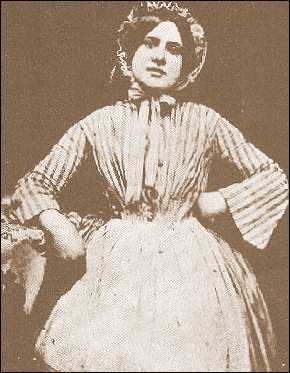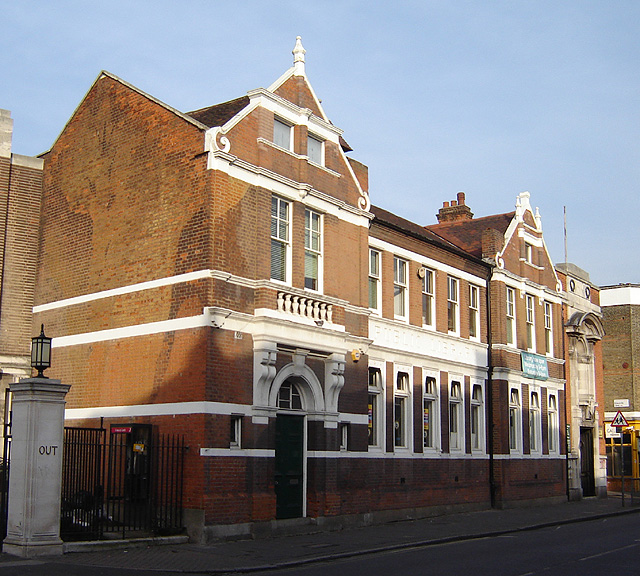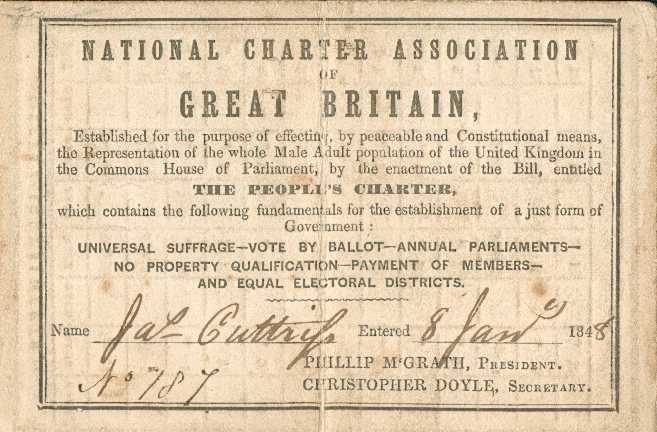"He loved Big Brother now."
I'm waiting for the knock on the door.
My largely law-abiding life won't save me. They've invented new laws and then, just in case they've missed something, there are ways of personalising the law – devising special laws to get just one person.
 And I'm not talking about Brian Haw, who got the honour of a special clause in an act of parliament (which turned out not to work in his case after all). I'm talking about laws which might get me – or you. It wasn't always quite so bad.
And I'm not talking about Brian Haw, who got the honour of a special clause in an act of parliament (which turned out not to work in his case after all). I'm talking about laws which might get me – or you. It wasn't always quite so bad.Of course, there have been plenty of laws to trap the unwitting or foolish or honest. Don't tell a soldier you think he or she should have a change of career. That breaks the Incitement to Disaffection Act (1934). (I've broken that one a couple of times. I'd rather they arrested me for that because I did it deliberately - I think it's wrong to deprive anyone of freedom of thought and conscience.)
 And there are bad laws which have been repealed. Section 28, which scared teachers out of saying that Oscar Wilde was gay or that most of Shakespeare's sonnets were written to a fair young man, is no longer on the statute books. I'm pleased about that. But there are all those new, apparently well-meaning laws which seem to be used in unpredicted ways.
And there are bad laws which have been repealed. Section 28, which scared teachers out of saying that Oscar Wilde was gay or that most of Shakespeare's sonnets were written to a fair young man, is no longer on the statute books. I'm pleased about that. But there are all those new, apparently well-meaning laws which seem to be used in unpredicted ways.Take the law on stalking. One individual stalking another is a nasty, threatening matter. I've known young women in particular – though it's not only young women who are affected – really frightened by phone-calls in the middle of the night, threatening letters, displays of covertly-taken photographs. When victims complain and nothing is done, I'm angry. When victims, who may have been stalked for years, are beaten up and even killed, I start asking, “Why didn't they listen to her? Why don't they do something?” So the government responded. A minister could have pointed out that there were already laws against harassment or proposed a slight adjustment to existing laws. Instead we were offered a brand-new, shiny law which would protect the vulnerable from harm – and even from mild distress.

But it wasn't just used against stalkers. It was one of those all-purpose, catch-all laws which could be used against anybody who talked to or wrote to someone more than once. If I encounter an arms manufacturer on the train – it could happen; making weapons is big business in Britain – and find out about his profession, I might express myself strongly, even enter into an argument with him. And if I see him the next day, I might continue that argument – and he might be annoyed. Under the law, that would count as stalking and I might find myself in jail. If I were handing out leaflets and offered one to the same person twice, that might be considered a crime. It seems to me that if a friend and I had a row in a pub and one of us phoned the other to continue the row, that might be considered stalking.
The law is being framed to prevent awkward behaviour and mild distress – and the government seems quite pleased that it sweeps up political protesters and non-violent dissidents as well. Bu you don't have to break the law to get an ASBO.
 Anti-social behaviour legislation has been so widely framed that it's possible to construct a special law to limit the freedom of speech, action and movement of one individual who hasn't broken any law. That idea was controversial when it came in but now everyone's used to the idea that if your neighbour annoys you enough, you might be able to stop the annoyance with an ASBO. Sometimes ASBOs are used instead of charging someone with a more conventional crime. ASBOs allow magistrates to impose sentences that they make up: people can be banned from places and forbidden to act in a way that is perfectly legal for anybody else.
Anti-social behaviour legislation has been so widely framed that it's possible to construct a special law to limit the freedom of speech, action and movement of one individual who hasn't broken any law. That idea was controversial when it came in but now everyone's used to the idea that if your neighbour annoys you enough, you might be able to stop the annoyance with an ASBO. Sometimes ASBOs are used instead of charging someone with a more conventional crime. ASBOs allow magistrates to impose sentences that they make up: people can be banned from places and forbidden to act in a way that is perfectly legal for anybody else.ASBOs lack the legal safeguards of conventional criminal laws and injunctions which protect individuals. If you break an ASBO – a law constructed just for you – you can land in jail. It's another convenient tool for dealing with protesters and dissidents.
Freedom of speech is being eroded too. I'm not an absolutist about freedom of speech. I'm not in favour of inciting hatred against anyone. Incitement to violence is dangerous. (I sometimes wonder why politicians are never charged with either offence.) There are many individuals and groups who suffer because of what is said about them – that's important for everyone to remember. Politicians and the people have a responsibility to counter a climate of hate. Silence won't achieve that. Nor will the competitive xenophobia of politicians.
Of course I'm sometimes hurt and offended by people's attitudes and what they say. I'm human. But my first action isn't to ring the police. I can see why an airport chaplain was offended by anti-religious cartoons, clipped from Private Eye, left in the airport chaplaincy – they were probably left there to offend. Leaving them there might have been a silly action but it surely doesn't deserve a criminal record. The church wasn't damaged. God wasn't damaged.
 It seems particularly ludicrous in a nominally Christian country where – archaically – bishops vote as unelected members of the second chamber of parliament and the Archbishop of Canterbury plays a key role in the coronation of the monarch. And – oh -dear! - I've made tactless and ill-judged jokes at times. Will the police come round to get me?
It seems particularly ludicrous in a nominally Christian country where – archaically – bishops vote as unelected members of the second chamber of parliament and the Archbishop of Canterbury plays a key role in the coronation of the monarch. And – oh -dear! - I've made tactless and ill-judged jokes at times. Will the police come round to get me? With any luck, the police won't kill me, though since the death of Juan Charles Menenez and the case of David Mery I've felt a little less confident on the tube. I usually find the police polite, even though I was caught in a kettle once and found my experience rather different from the police's official account.
But what would happen if the police came round and arrested me? According to the the Proceeds of Crime Act 2002, the police keep 25% of the goods and money they confiscate and the Crown Prosecution Service keeps a further 25%. The law was meant – so were told – to deal with major criminals and drug traffickers using threats and violence – and the standard of proof of how the money was obtained was changed, so that the “criminal” had to prove a legal right to the money. It sounds great when dealing with international criminals. It's more troubling when the police seize the jewellery – and even the life savings – of prostitutes working together for their own protection. Prostitutes are not .likely to go to court to recover their money, as the law requires. So cash-strapped police forces find that pursuing a particular crime is a nice little earner for the force, so long as the police forget that they are now living on immoral earnings – the usual definition of a pimp.
I could go one. I could go on. There are so many liberties trickling away. I've committed so many offences that might be arrestable. I even took a photo of the House of Commons – with a policeman outside. Governments don't usual restore the liberties they have taken – unless the people insist. And all around me are people who have forgotten the liberties they lost and adjusted oppressive, intrusive laws. I'm adjusting too. This time next year, I may have forgotten what liberty is. What liberties have I forgotten already?

Labels: ASBO, freedom, freedom of speech, hatred, kettling, law, liberty, military, parliament, photography, police, proceeds of crime, protest, stalking, xenophobia
















